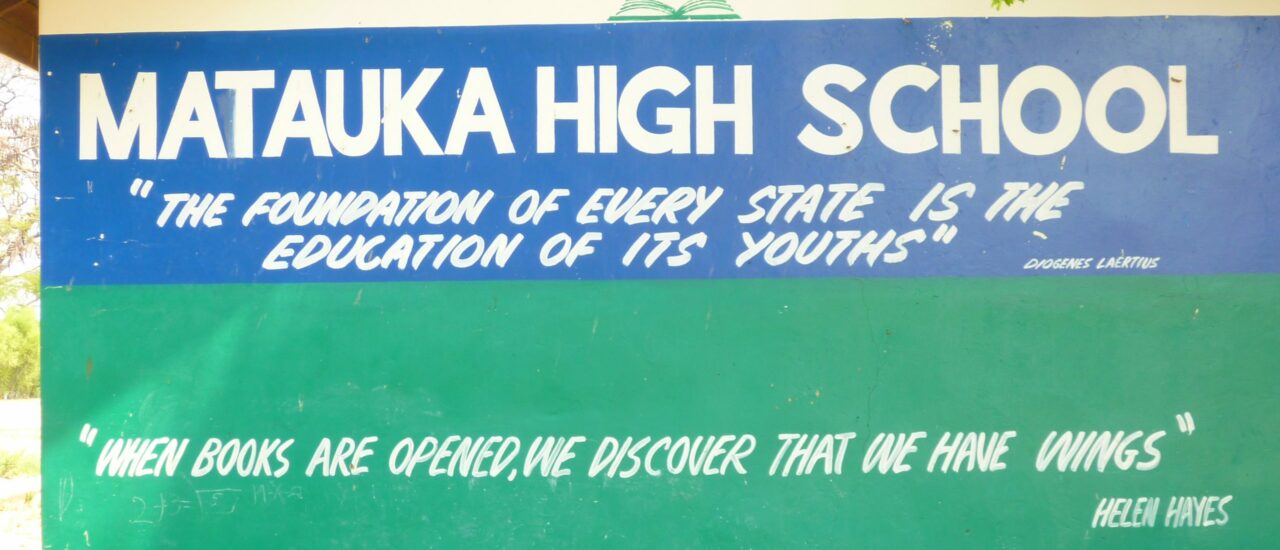“Open knowledge is knowledge that one is free to use, reuse, and redistribute without legal, social or technological restriction. Open knowledge is a set of principles and methodologies related to the production and distribution of how knowledge works in an open manner. Knowledge is interpreted broadly to include data, content and general information.
The concept is related to open source and the Open Knowledge Definition is directly derived from the Open Source Definition. Open knowledge can be seen as being a superset of open data, open content and libre open access with the aim of highlighting the commonalities between these different groups.” [1]
Catalyst is passionate about education. All evidence shows that access to free education and knowledge transforms individuals and economies.
Technology can control and constrain or it can liberate. Twenty years ago we chose liberation. Our goal is to provide open platforms to lower the barriers to the spread of knowledge.
In New Zealand we first achieved a mass open source education platform in 2004 when we brought the entire NZ polytechnic sector into online learning, using the young open source platform Moodle, developed by Martin Dougiamis in Perth. That project established serious credentials for Moodle, which fast became the most widely adopted LMS platform in the world, as available to small schools as it is to the largest educational institutes. Our largest Moodle system had over 4 million learners.
We have been project lead on the open source, “life long learning” and eportfolio platform, Mahara, for over a decade.
The digital revolution has brought a demand for public data to be freely available under open licences and in digital form. That brings new problems to solve. Not only must information be accessible, but we want to give people the opportunity to make information more valuable by sharing their knowledge, experience and use of it.
In order for open data to become useful “open knowledge” technology has to be applied to transform, aggregate and interpret that data. If this technology is not itself open source then there is now way the resulting knowledge can be considered open. Who owns the end result? What algorithms were used to transform data into information? What biases were or were not applied. Only the use of free and open source software can guarantee a transparent answer to these questions.
Enter tools supported by Catalyst such as CKAN used by data.govt.nz making data sets available to New Zealanders, for wider use. And Digital asset management tools such as Islandora which provide a repository where the digital reflection of communities and institutions can be shared, used, discussed and archived.
We have also been very active in the library sector through the Koha project. The concept of public libraries, in modern form, dates back to the early eighteen hundreds Libraries are a clear recognition that providing free or cheap access to books and journals was an invaluable step to enabling opportunity and progress. Koha continues that open transformation.
Through our work and advocacy, we continue with our vision of knowledge liberation through open technologies. We were therefore very pleased to announce the launch of our “Open Knowledge Business Unit” last week. The unit is headed up by Paul Stevens, who has been our eLearning manager in NZ, and for a number of years was Managing Director of Catalyst EU over in the UK.
This initiative links our open technology platforms (learning, libraries, archives, open data) with our vision of unfettered access to all with our strategic partnerships with organisations such as NZCER.
Finally, whilst we have all been open digital advocates for decades, I would finish with a word or two of caution.
This week the 20/20 Trust released research (https://2020.org.nz/blog/2017/08/29/digital-inclusion-release/) which suggests that 120,000 school aged children in NZ don’t have access to the internet at home. That is the digital divide in stark and very worrying numbers.

